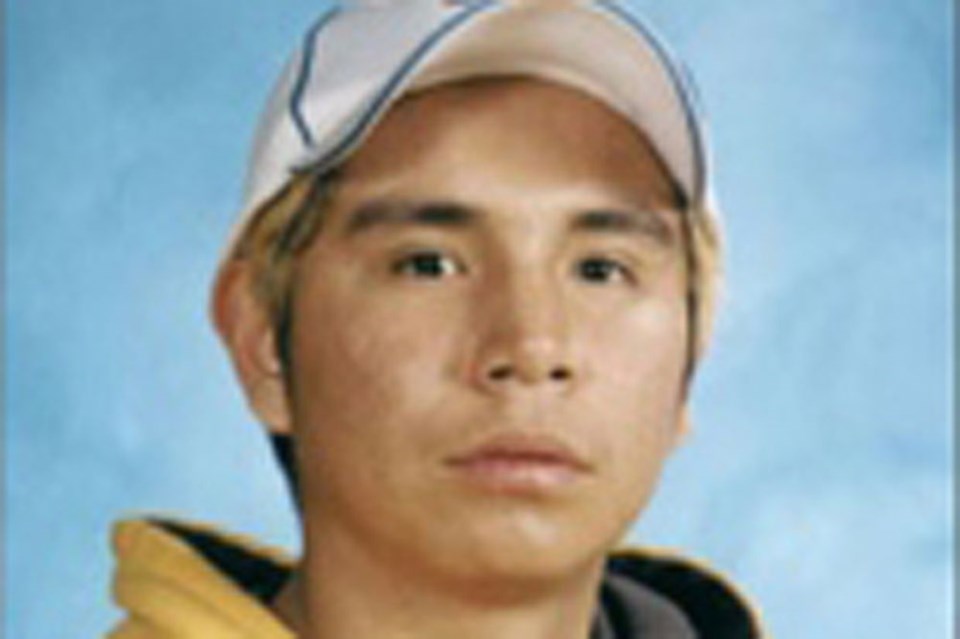THUNDER BAY – Curran Strang had a number of curfew violations and at least two major alcohol-related incidents during his time attending school in Thunder Bay prior to his death.
That was evidence heard Tuesday morning during the coroner’s inquest examining the circumstances surrounding the death of the 18-year-old from Pikangikum First Nation as well as six other students from remote First Nations communities who moved to Thunder Bay to obtain a high school education.
Strang was last seen on Sept. 22, 2005 when he and a group of friends were drinking near the McIntyre River. He was reported missing the next day and his body was found in the river by a police dive team on Sept. 26.
The first witness Tuesday morning was Patricia Dunville, who was a boarding home parent of Strang’s during most of his time attending school in the city.
She described Strang as being respectful and following orders but he had some disciplinary issues during his time living with her.
Dunville testified she felt as a boarding home parent she did not have the authority to ground a student and could only impose discipline at the direction of the Northern Nishnawbe Education Council, which administers DFC.
At least one incident led to him being grounded, having to write an essay and signing a written contract about his behaviour.
During cross-examination, Thunder Bay Police Service lawyer Brian Gover read from Strang’s NNEC disciplinary record and detailed four specific instances in the fall of 2004 where he was punished for violating curfew or drinking.
It was revealed during March 2005 Strang had two significant incidents related to drinking.
The first resulted in him being taken to the hospital emergency room, while the second led to him being arrested by police for public intoxication.
Strang was not living with Dunville between February 2005 and May 2005.
NNEC staff member Tamara Day testified in the afternoon and said students had a three-strike policy for major infractions, such as drinking, though it had flexibility.
Despite the issues Strang was having Day told the inquest she believed he could still be successful attending DFC. Strang had told her he wanted to become a social worker.
“The goal was to keep him here to get his education,” she said, adding if he was sent home he wouldn’t complete his Grade 12 and it would be unlikely he could pursue a social work career.
Day referred Strang to the school’s alcohol counsellor and mental health counsellor. There was also one instance, at Strang’s request, the student was referred to help from outside the school.
He was living with Dunville again during the start of the next school year in September and was grounded on Sept. 20.
Despite the punishment, Strang went out two nights later with a group of friends and never returned home. Dunville contacted the NNEC that night and was told to call again in the morning if he hadn’t returned home.
The second witness of the morning, former classmate James Benson, said he ran into Strang in the area of the Intercity Shopping Centre where he was already drunk. Benson last saw Strang heading towards the McIntyre River.
Strang wasn’t back the next morning and Dunville alerted the NNEC. Day said police weren’t alerted until later that night after 24 hours had passed since he was las seen by his boarding home parents because the student was 18.
Benson said he had known Strang since the fall of 2004 and noticed Strang was initially struggling with the adjustment to living in Thunder Bay and had a hard time communicating in English. Benson said Strang was known to drink.
Benson also testified he didn’t notice any changes about how the NNEC handled curfew violations following Strang’s death.
